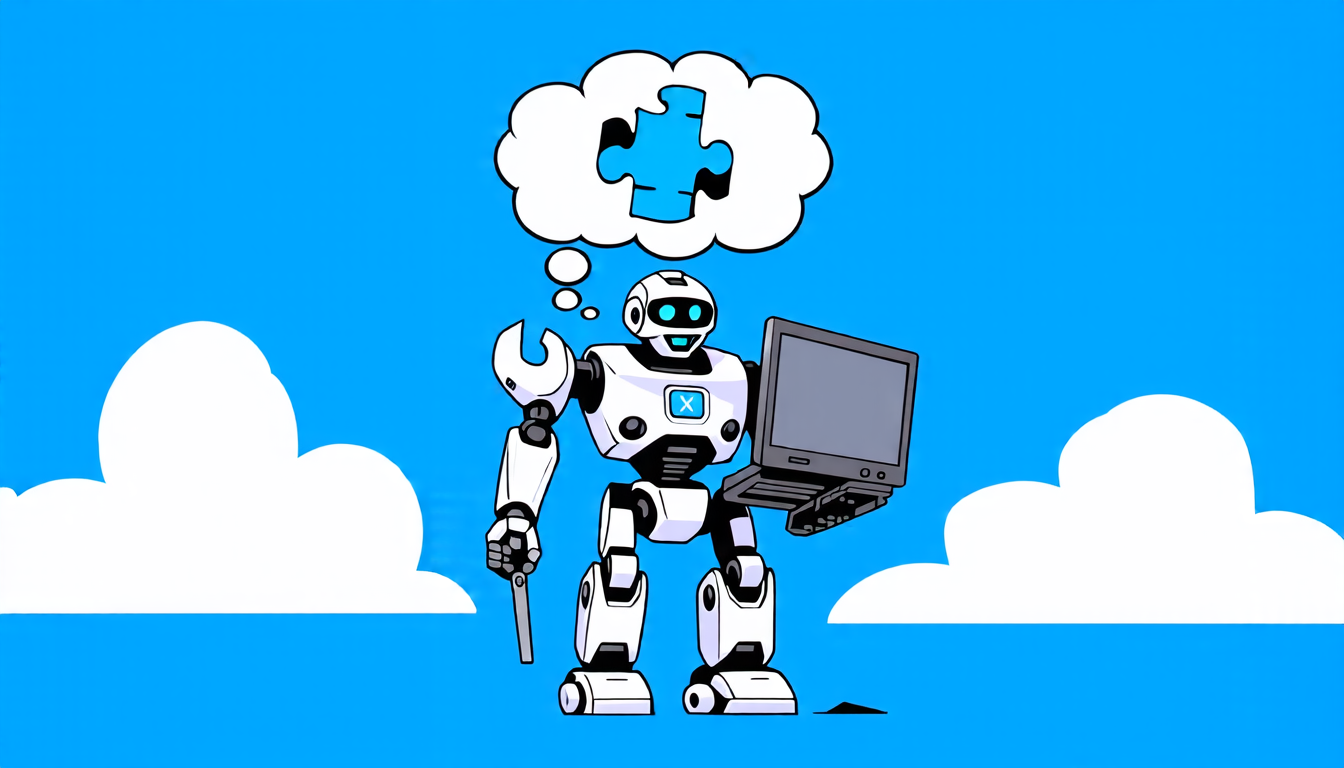Tuesday 05 August 2025
Deep learning systems have revolutionized many areas of our lives, from recognizing faces in photos to powering self-driving cars. But despite their incredible capabilities, these systems are also prone to crashing, which can waste valuable computing resources and slow down development.
A team of researchers has developed a new approach to crash recovery that could help mitigate this problem. The system, called DaiFu, is designed to quickly detect when a deep learning model goes wrong and then automatically update the program running in real-time.
The traditional way of dealing with crashes involves restarting the entire system from scratch or using checkpointing, which saves the state of the program at regular intervals. However, these methods can be time-consuming and may not always work reliably.
DaiFu takes a different approach by incorporating code transformation into the deep learning system itself. This allows it to detect when a crash is about to occur and then dynamically update the program to prevent the crash from happening in the first place.
The researchers tested DaiFu on several different types of crashes, including those caused by minor programming errors or transient runtime errors. In each case, they found that the system was able to recover quickly and efficiently, with an average speedup of 1327 times compared to traditional checkpointing methods.
One of the key advantages of DaiFu is its ability to adapt to different types of crashes. Unlike traditional approaches, which are often designed for specific types of errors, DaiFu can handle a wide range of crash scenarios. This makes it a more robust and reliable solution for deep learning developers.
The researchers also tested DaiFu on a benchmark that simulated real-world use cases, including image recognition and natural language processing tasks. They found that the system was able to recover from crashes in all of these scenarios, demonstrating its effectiveness in practical applications.
Overall, DaiFu represents an important step forward in the development of crash recovery systems for deep learning. Its ability to detect and prevent crashes in real-time could help reduce the time and resources required for development, making it a valuable tool for researchers and developers alike.
The implications of DaiFu are far-reaching, with potential applications not just limited to deep learning but also to other areas of artificial intelligence and software development. As our reliance on complex systems continues to grow, the need for reliable and efficient crash recovery methods will only become more pressing. With DaiFu, we may have found a solution that can help us achieve this goal.
Cite this article: “Crash Recovery System for Deep Learning Models”, The Science Archive, 2025.
Deep Learning, Crash Recovery, Code Transformation, Real-Time, Checkpointing, Programming Errors, Runtime Errors, Speedup, Robustness, Reliability







